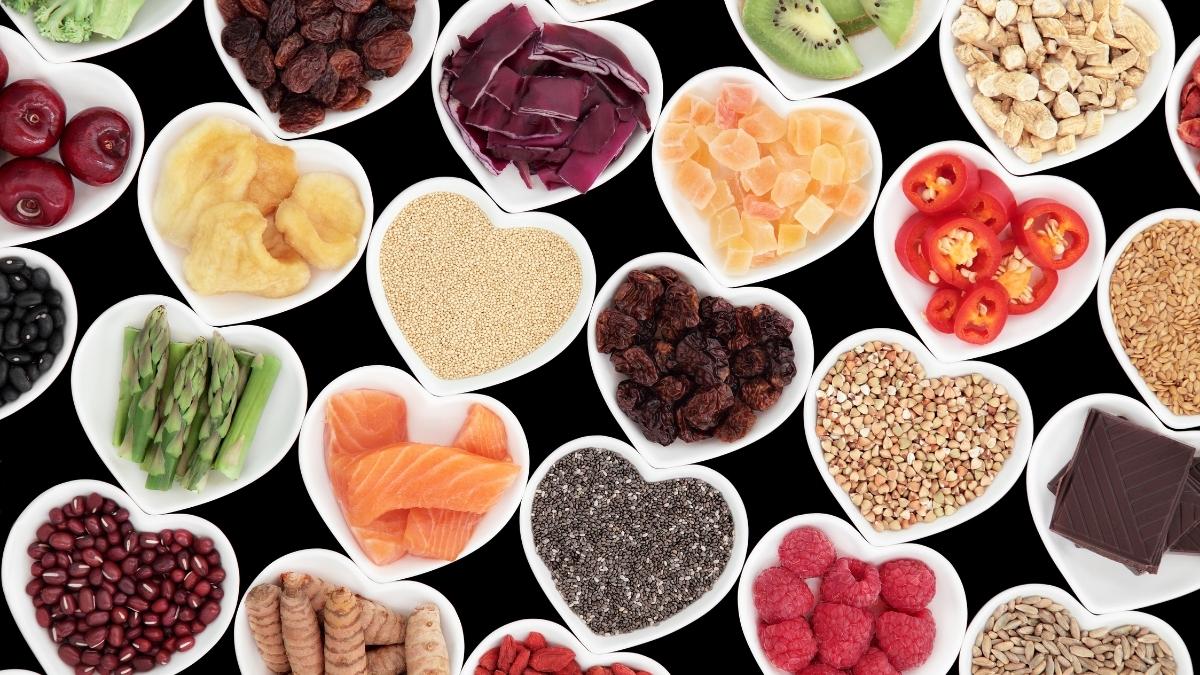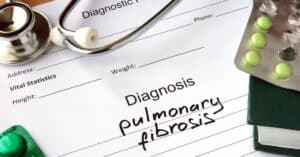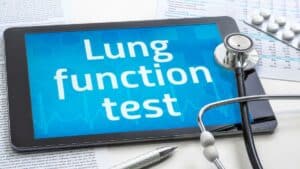After a chronic lung disease diagnosis, it’s important to make lifestyle modifications to prevent symptom flare-ups.
One of the most important areas to examine when finding ways to improve breathing is your diet. Oxygen is a main ingredient in the process of changing food into fuel in your body.
A quick understanding of the science of how oxygen and our food work together can help those with lung diseases such as chronic obstructive pulmonary disease (COPD) breathe more easily.
Here we provide some basic nutritional guidelines for better breathing.
A Brief Overview
Simply put, the higher quality foods you put in your body, the more easily your body can metabolize the food and put less stress on the body.
Oxygen and food work together to create energy for your body, and the waste product of that process is carbon dioxide. Carbohydrates produce the most carbon dioxide for the amount of oxygen used, and fat produces the least amount.
Therefore, those with COPD may benefit from a diet that is higher in (healthy) fat and lower in carbohydrates. Carbohydrates and fats have gotten a bad rap; however, it’s unhealthy to eliminate them completely from your diet.
Don’t be scared to eat carbohydrates or fats just make sure that you’re eating the right types of these foods, and your body will thank you. Let’s dig into this idea a little further.
Which Foods Should You Eat with COPD?
Complex Carbohydrates
Your best bet is to choose complex carbohydrates, but the carbohydrates that you choose will vary depending on your weight goals. Complex carbohydrates help to improve your energy, digestion, metabolism, sleep, brain function and nervous system function.
Good complex carbohydrates include foods like whole grain bread and pasta as well as fresh fruit and vegetables. If you’re trying to lose weight, get the majority of your complex carbohydrates from fresh fruits and vegetables over bread and pasta.
If you’re trying to gain weight, get your complex carbohydrates from a combination of whole grain breads and pastas along with fruits and vegetables. Limit simple carbohydrates like table sugar, candy, cake and soft drinks. A good rule of thumb is to eat 20 to 30 grams of fiber daily.
Protein
You also need to consume protein at least twice a day to keep your respiratory muscles strong. Protein helps your body’s tissues, cells and muscles. Some good quality proteins include eggs, yogurt, seafood, nuts and chicken.
If you want to lose weight, choose lean meats and low-fat dairy as sources of protein. If you want to gain weight, choose proteins that have a higher fat content, like whole milk and whole milk cheese and yogurt.
Try to limit proteins that are highly processed or high in fat, like sausage, burgers, hot dogs and bacon. The amount of protein that you should eat daily depends on how much you exercise. The more you exercise, especially if you do weight training, the more protein you should eat.
Fat
The third major important food to consider is fat. Eating healthy fats can help you manage your moods, improve mental alertness, fight fatigue and even control your weight.
Good fats include nuts (unsalted), seeds, olive oil, fatty fish (ie. salmon, tuna, mackerel or herring) and avocados. If you want to lose weight, limit your intake of fats, even healthy ones, and the opposite is true if you’re trying to gain weight.
Avoid fats that are high in trans-fat and saturated fat like butter, lard, meats that are high in fat, fried foods, cookies and crackers. All fats should be consumed on a limited basis, depending on your weight goals.
The foods that we eat affect how hard our body has to work to convert them into energy. The harder our body has to work to change food into energy, the more oxygen we are required to take in.
Being aware of the best foods to eat when you have COPD or another lung disease can help you breathe more easily.
Always consult with your doctor to find a diet that will work for your situation.

Christine Kingsley, APRN is the Health and Wellness Director at the Lung Institute where she focuses on providing helpful online resources for people looking for information on various lung diseases, breathing exercises, and healthy lifestyle choices. She advocates for holistic care that involves working with your doctor to explore all options including traditional and alternative care while focusing on diet and exercise as proactive measures.









